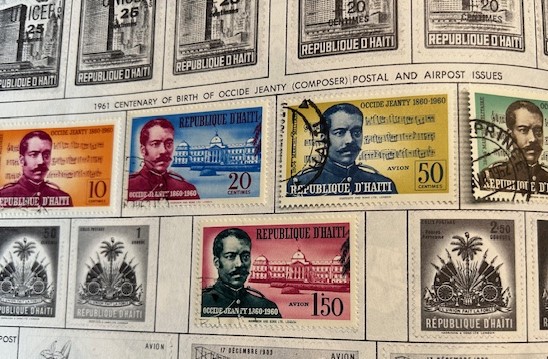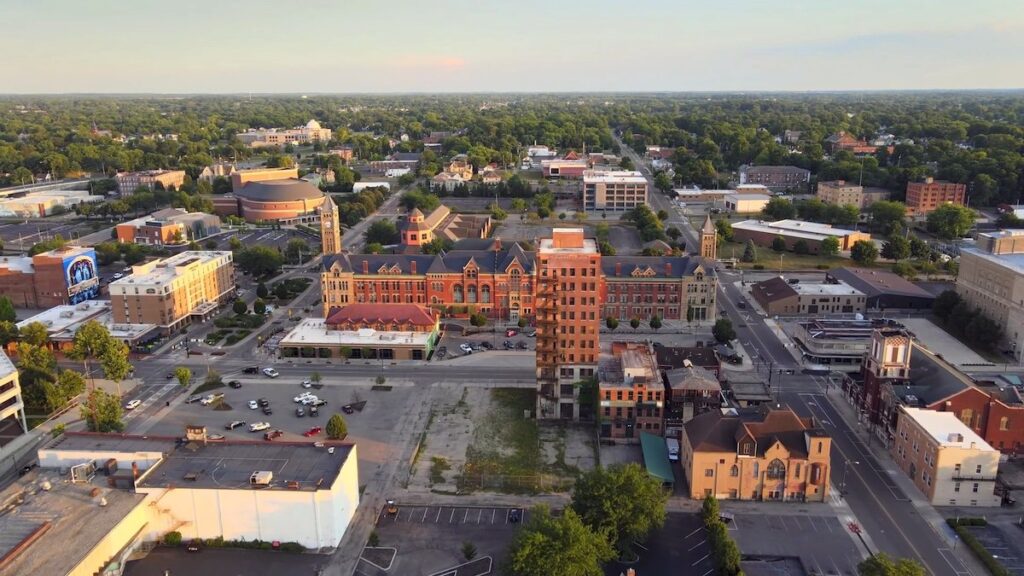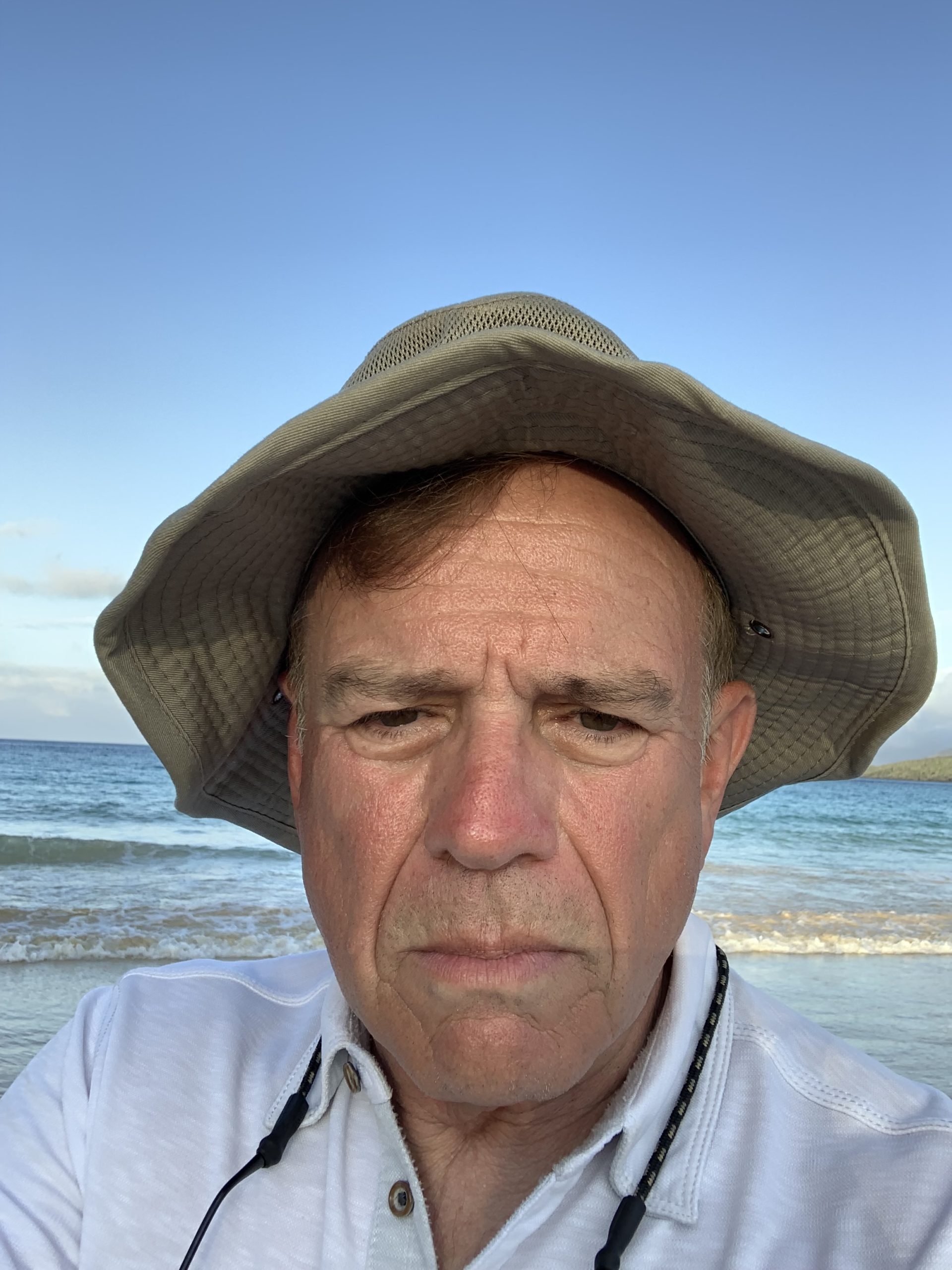By Peter Pavarini

I didn’t take my first trip outside the U.S. until I was 19. Until then, I satisfied my curiosity about foreign countries by collecting stamps and reading National Geographic. My father had a close friend named Sal who never married. Because of their close relationship, Sal became my adoptive “uncle”. On every birthday and at Christmas, he always gave me the best educational gifts, such as a chemistry set, a telescope, and even my own subscription to National Geographic. Back then, Nat Geo’s pictures of bare-breasted women living in exotic locations were said to be “introductory” porn for young males not ready for Playboy. But honestly, I loved the maps and scenery just as much as the girls.
It was my mother who introduced me to stamp collecting while still in grade school. Every month, we ordered a variety of foreign stamps “on approval” from the Littleton Stamp Company. I selected the ones I liked best and returned the rest. If I had done well in school that month, my mom would pay the nominal cost of each purchase. I still have those stamps decades later, even though I lost interest in philately long ago.
I never lost, however, my interest in people who came from foreign countries. Growing up in the suburbs of New York City, I regularly met recent immigrants from every part of the globe. I naively thought most people were just like me – just one or two generations removed from Ellis Island.
How I Learned About Haiti
With Haiti so much in the news lately, I’ve been thinking about my contacts with that Caribbean nation over the years. Other than the little I learned from collecting Haitian stamps and reading Nat Geo articles, until 1978 I knew hardly anything about the Haitian people. I was living in Washington, D.C. at the time, when I received word that my father had been the victim of workplace violence in south Florida. He and my mother were living there since they moved from New York in 1976. The details of the attack are not important, but I have a vivid memory of seeing my heavily bandaged father in a hospital bed and hearing him say he only survived the assault because a Haitian immigrant had saved him from an American-born attacker. This is how I first learned many Haitians were living in the U.S.
The history of Haiti is complex, to say the least. Not only was it the second republic to be established in the Western Hemisphere (after the U.S.), but it was also the first to abolish slavery permanently. The island of Hispaniola, which Haiti shares with the Dominican Republic, was first inhabited by indigenous people from the Yucatan peninsula as early as 4,000 B.C. When Christopher Columbus arrived there in 1492, he landed on Haiti’s north coast – a place known as Cap-Haitien. The following photo taken by me depicts a verdant mountainous community that – at first glance – seems a lot like other tourist destinations in the Caribbean. Although there may have been a time when this part of Haiti was in fact a tropical paradise, today it can only be described as a dystopian hellhole.

Mountains Beyond Mountains
In 2003, I read a book by one of my favorite authors – Tracy Kidder – entitled Mountains Beyond Mountains[i]. The book’s title was taken from a Haitian proverb. In Creole, the phrase is “deye mon gen mon”. Translated, that means, beyond the mountains you can see, there are always other mountains. In other words, there are always other problems to be solved.
Mountains Beyond Mountains is the inspiring biography of Harvard physician Paul Farmer who grew up poor in the Deep South, got a full scholarship to Duke and went on to become a world-famous infectious disease expert at Harvard Medical School. But, instead of enjoying a prosperous life as an American doctor and educator, he dedicated his entire medical career to setting up clinics in the developing world on a quest to eliminate drug-resistant diseases. Farmer made his first mission trip to Haiti while he was still a medical student in Boston.
The book is a great read on many levels: spiritual, scientific, anthropological. Against the backdrop of Haiti’s barren landscape, Dr. Farmer’s heroic crusade to save some of the world’s most medically underserved people caused me to wonder: what had I done to leave the world a better place? A few years later, I was presented with a couple of opportunities to make a difference. First, I helped launch a network of faith-based medical clinics in Ohio largely serving the poor. Later, a close physician friend of mine introduced me to a man who needed legal help opening similar clinics in the Central African Republic and Haiti.
Since then, I’ve had the chance to visit both of these impoverished countries – obviously not as a doctor, but as a prayer warrior, legal advisor and helping hand. Needless to say, these were not easy trips. Both nations are widely considered “failed states”. Their governments change every few months, there is constant civil unrest and almost total disregard for the Rule of Law. Their diplomatic and commercial relationships with developed nations are in tatters. Were it not for a handful of missionary organizations and NGOs which refuse to give up, there would be little hope for the future of their people.
Springfield – A Typical Midwestern American Town
Because I have a home only 45 miles away, I’ve visited Springfield, Ohio a great many times. One of my sons attended college there. I also had the privilege of representing one of the city’s hospitals for many years, as well as other health providers in the area. I have several friends from Springfield, and I maintain a close relationship with the family of the former congressman who still lives there. I can honestly say there’s no town in Ohio the size of Springfield that I know any better. And yet, I never imagined it would quickly become home to some 20,000 Haitian migrants.

This blog is not a political commentary about U.S. immigration policy. I’ll leave that to others.[ii] For me, the question of whether any number of Haitians should be settled in a place like Springfield is highly personal. I’m also conflicted by my affection for the Haitian people.
Among other things, I’ve been regularly providing pro bono legal services to the Three Strands Clinic in Cap-Haitien which will soon open a small surgical hospital. I’ve helped the clinic’s chief physician obtain a medical visa for his wife to come to the U.S. for infertility treatment. When this doctor’s efforts to have a family proved unsuccessful, he and his wife went on to adopt a total of twenty (20) Haitian children who now live with them in Cap-Haitien. Efforts are currently underway to raise the funds necessary to build suitable housing for the doctor and his large family in Haiti.
Not long ago, I received an unsolicited Facebook message from a Dominican woman who asked whether I was the same person who had sponsored her as a child through Compassion International in the 1980s and 90s. Today, Lucia is a grown woman who has a successful career in real estate in Santo Domingo. We’ve become Facebook friends after all these years.
Living on A Shrinking Planet
The Earth is in the process of becoming what seems like a much smaller planet. Nearly 8 billion of us are now connected through the internet, by international travel and various forms of migration. Despite this, the culture, beliefs and traditions of different people groups don’t change nearly fast as the technologies and conveyances they share. Humans remain highly social creatures. We need ample time to form the kind of interpersonal relationships which are essential to the fabric of every society. [iii] We’re at our best when we do that. We’re at our worst when we don’t.
[i] Random House (2003).
[ii] See Matt O’Brien, “What America Can Learn from Ancient Rome’s Death by Mass Migration”, American Thinker, September 18, 2024.
[iii] “Assimilation tends to occur when people enter a new culture, in small numbers, and experience social pressure to blend into their new communities. Assimilation tends to make it easier to get along in one’s newly adopted homeland because it eliminates barriers to economic success, like being unable to speak the local lingua franca.” O’Brien, supra.

Be First to Comment